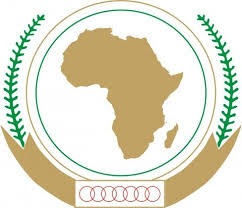UNICEF’s commitment to equity – giving a fair chance in life to every child, everywhere, especially the most disadvantaged – is built on the conviction that it is right in principle and evidence that it is right in practice. This report makes the case for closing persistent gaps in equity, because the cycle of inequity is neither inevitable nor insurmountable, and the cost of inaction is too high.
The report is available here: http://www.unicef.org/nutrition/files/For_every_child_a_fair_chance.pdf



